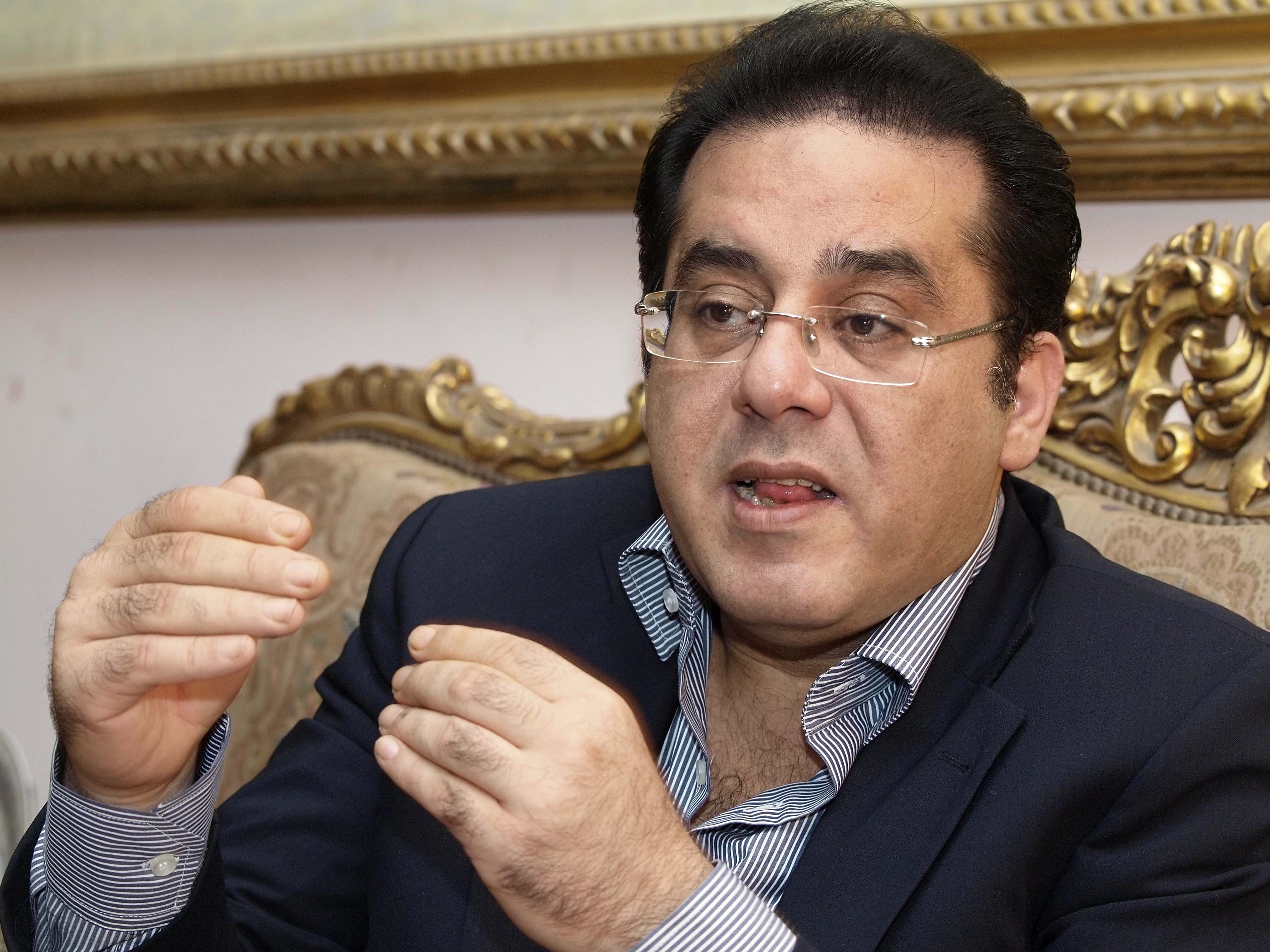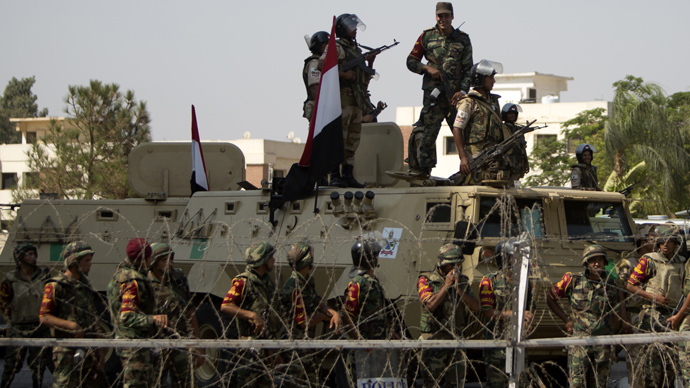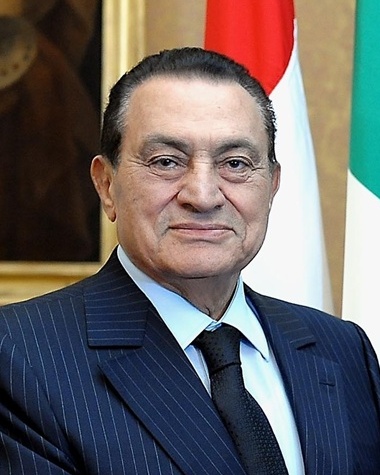- The regime of Egypt has been plagued with corruption like many of the other Arab states. After coming to power in 1981, Hosni Mubarak held his office until the uprisings forced him to step down in 2011.

Ayman Nour
- In 2005 when Mubarak was pressured by the U.S. to allow multi-candidate presidential elections, one person named Ayman Nour, an opposition leader currently in prison ran against Mubarak. Nour gained 7% of the total votes and was released from prison because of political pressure, but was soon arrested again for an additional four years under allegations of falsification of documents. This scared others away from attempting to run Against Mubarak. Following the election, Mubarak created many constitutional amendments that effectively barred anyone other than him and his son from running in the elections.
- Many of Mubarak's friends are given monopolies in large industries such as the steel, cotton, and hotel industries.
- The government in Egypt was a kleptocracy where favors from the security force or politicians were bought with bribes and president Mubarak was able to accumulate between $2 and $6 billion.
 The divide between the wealthy and the poor in Egypt was extremely large. 44% of Egyptians can be considered poor and 2.1 million citizens of the 81 – 100 million Egyptian population cannot support their food needs through their income. The average wage in Egypt is only $100 whereas many of the upper class own private jets.
The divide between the wealthy and the poor in Egypt was extremely large. 44% of Egyptians can be considered poor and 2.1 million citizens of the 81 – 100 million Egyptian population cannot support their food needs through their income. The average wage in Egypt is only $100 whereas many of the upper class own private jets.
- There is a severe lack of jobs for people coming out of college. This is due to the small growth in the job market coupled with the large boom in the number of young people. This results in a period of “waithood” where young adults wait for several years before they get a job or become married.

Security forces
- The regime has used the security force to prevent citizens from defying them. The security force has intimidated and tortured citizens in order to keep the citizens in order.
 |
| Hosni Mubarak |
- When the third president of Egypt, Anwar Sadat was assassinated in 1981 Hosni Mubarak took his place as president. During Mubarak's presidency political corruption in the ministry of interior rose dramatically. During the decade leading up to Mubarak's resignation in 2011, protests against Mubarak and his son's presidency has been a feature of life in Egypt. Mubarak and his administration were the main cause of the Arab spring uprisings because of their corruption and mistreatment of the people of Egypt.
 |
| Wael Ghonim |
- Wael Ghonim is the person who founded the Facebook group named "We are all Khaled Said." He is was one of the most influential people in the organization of the protests against the government before and during the January 25th protests that eventually forced Mubarak to step down from office. Wael used his knowledge of marketing to make the Facebook page appeal to as large an audience as possible.
- The security forces caused the initial spark to the uprisings through the murder of Khaled Said and played large role throughout the protests by suppressing the masses and interrogating bloggers along with other activists.
- Possible future scenarios
- The good future -- Egypt is able to move towards a democracy where the people are able to have input on how the country should be run.
- The bad future -- Egypt continues to be stuck in a struggle between the government and the people.
- The middle ground -- Egypt is slow to obtain a democratic government and the military gains political power above the actual legislative body.
Gelvin, James L. The Arab
Uprisings: What Everyone Needs to Know. New York: Oxford UP, 2012. Print.
Ghonim, Wael. Revolution 2.0: The
Power of the People Is Greater than the People in Power: A Memoir. Boston:
Houghton Mifflin Harcourt, 2012. Print.
Noueihed, Lin, and Alex
Warren. The Battle for the Arab Spring: Revolution, Counter-revolution and the Making of a New Era. New Haven: Yale UP, 2012. Print
No comments:
Post a Comment